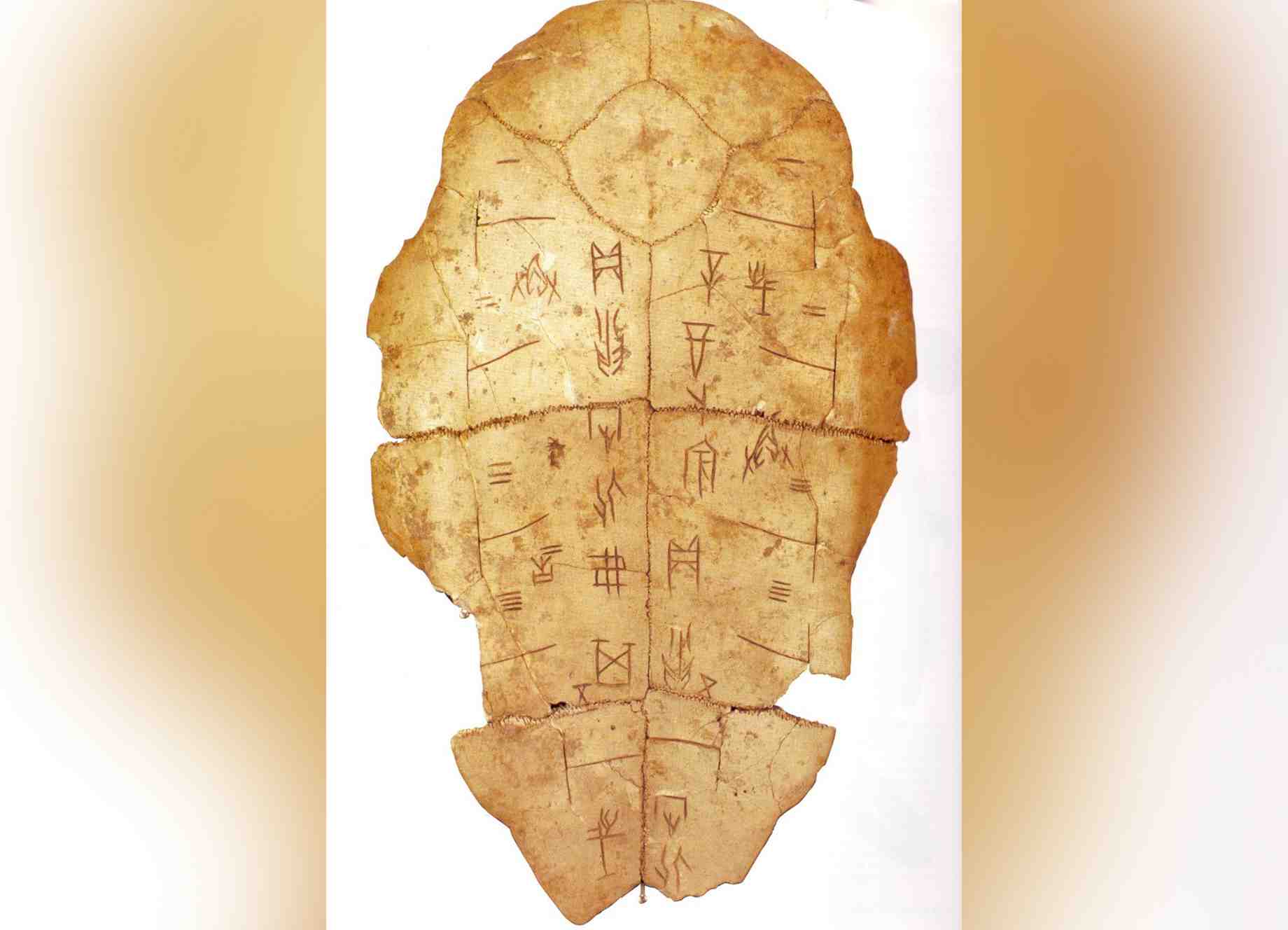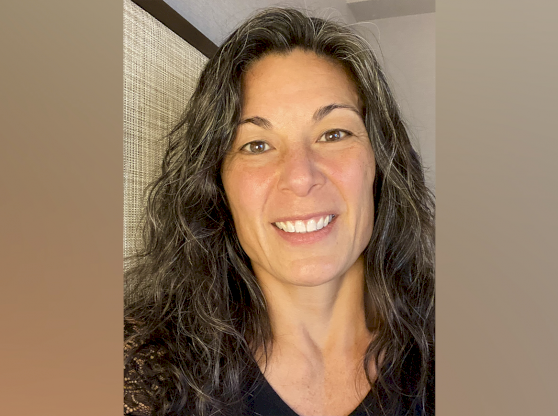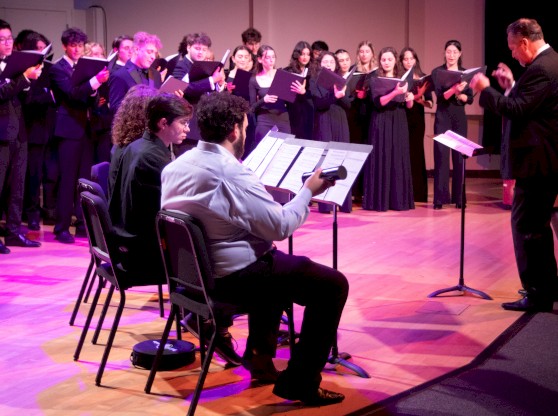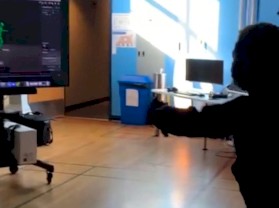- Date & Time
Thursday, February 17, 2022 9:00am — through
Friday, February 18, 2022 3:10pm- Thursday, February 17, 2022
9:00am
First Day of Symposium (all times here are EST)
2022-02-17 09:00:00 am1969-12-31 07:00:00 pmAmerica/New_YorkHarn Eminent Scholar Chair in Art History (HESCAH) Symposium: "Divination and Diviners in Chinese Religions"Online Thursday, February 17, 2022 9:00am to 9:10amWelcome Address: Guolong Lai (University of Florida)
Thursday, February 17, 2022 9:10am to 10:30amKeynote Address by Dr. Michael Lackner, IKGF University of Erlangen-Nuremberg: “Signs and Signification in a Global Perspective: A Review of the Research Done at the IKGF, Erlangen"
Thursday, February 17, 2022 10:40am to 12:00pmOlivier Venture, École Pratique des Hautes Études: “Some Reflections about Shang Diviner Groups Mantic and Epigraphic Practices in Anyang” Paul Goldin, University of Pennsylvania: “Why Did Anyone Believe in Divination?”
Thursday, February 17, 2022 12:10pm to 1:30pmHanmo Zhang, Renmin University: “Divination and Narrative Strategy in the Zuo Tradition” Dimitri Drettas, University of Erlangen-Nuremberg: “Before the Duke of Zhou: The Significance of the Yuelu Dream-book for the Geneology of Chinese Oneirocritics”
Friday, February 18, 2022 9:00am to 10:20amByung-joon Kim, Seoul National University: “Do They Really Believe in Divination? With Discussion on the Plurality of the Qin-Han Divination” Guolong Lai, University of Florida: “Diviners, Prognostic Techniques, and Faith in the Warring States Period”
Friday, February 18, 2022 10:30am to 11:50amFabrizio Pregadio, IKGF, University of Erlangen-Nuremberg: “Views of Destiny in Daoism” Steve Kory, University of Florida: “Mediators of Imperial Fate: Doctors and Diviners in the Northern Histories”
Friday, February 18, 2022 12:00pm to 1:20pmLidu Yi, Florida International University, “Reading the Sutra of the Great Divine Spells of Auspiciousness” Mario Poceski, University of Florida, “Chan Master Dayi’s Inscription on Sitting Meditation”
Friday, February 18, 2022 1:30pm to 2:50pmVincent Durand-Dastès, Institut national des langues et civilisations orientales: “Diviners in Fiction: A Study of Narratives about Diviners in Ming-Qing xiaoshuo” Richard Wang, University of Florida: “Divination in Qingwei Daoism”
Friday, February 18, 2022 2:50pm to 3:10pmConclusion
- Cost
- Free
- Description
“Divination and Diviners in Chinese Religions,” an online symposium on February 17th and 18th organized by Guolong Lai, Associate Professor of Art History at the University of Florida.
Divination has played an irreplicable role in the diffused religious life of the Chinese people. Although it faced periodical suppressions, especially in the modern era, divination and diviners have not only survived but also flourished in digital media in recent decades. Built on decades of innovation scholarship conducted through the International Consortium for Research in the Humanities (IKGF) at the University Erlangen-Nuremberg, this international symposium brings together a group of eminent scholars from various disciplines of Chinese studies to focus on Chinese diviners, examining how they adopted new technology and adapted their practices to changing social, political, and cultural contexts throughout Chinese history.
The International Consortium for Research in the Humanities (better known under the German abbreviation IKGF) “Fate, Freedom, and Prognostication” was established in 2009 and can therefore look back to more than 12 years of an international transdisciplinary community of scholars. This talk will deal with two important aspects of the research conducted at the IKGF, where the often unjustly criticized comparative perspective proved extremely fruitful. We compared attitudes, views, and theories of premodern literati regarding prediction and divination in East and West and identified a broad spectrum ranging from skepticism to credulosity, with numerous differentiations “in between”. We further compared divinatory practices from the angle of their techniques (often based on calculation) and their respective religious affinity (sometimes empowered by prophecy). - Links
- VenueOnline
- Room #
- Zoom
- Address
News Post : Jul 1, 2024
+ More


